Baseboard heaters have become a popular option for keeping homes comfortable in recent years. You may well wonder if baseboard heaters work with gas, electricity, or both. We have researched this topic thoroughly and will examine the pros and cons of electric and gas baseboard heaters so you can decide for yourself.
Most baseboard heaters are electric, but some are gas-powered. Electric heaters work by using a circuit to transfer energy through heating coils. Gas heaters operate using gas to power the heater and use water to heat the area.
So, if you've been thinking about investing in a baseboard heater but are still on the fence, then it's time to take that next step! So let's get started!
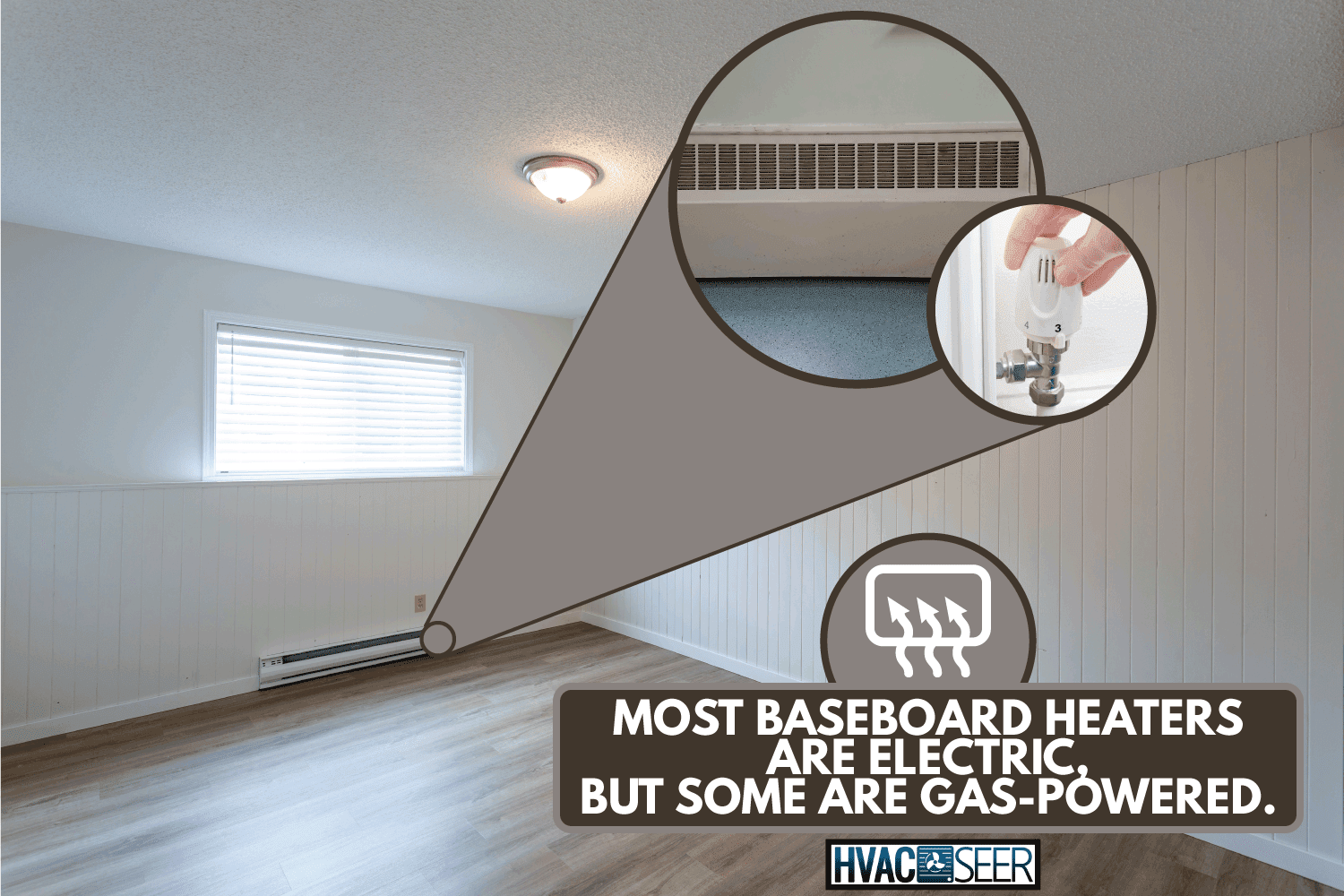
What Is A Baseboard Heater?
A baseboard heater is a heating system that circulates hot air throughout a room. The heat is generated and is distributed evenly throughout the room through what is termed in the industry as "fins".
A baseboard heater can be placed in the walls or baseboards and can be powered by either electricity or gas.
Baseboard heaters with thermostats allow you to turn the heat on and off as needed. However, most homeowners would prefer a baseboard heater with no built-in thermostat because they observe it to be inaccurate compared to a separate thermostat.
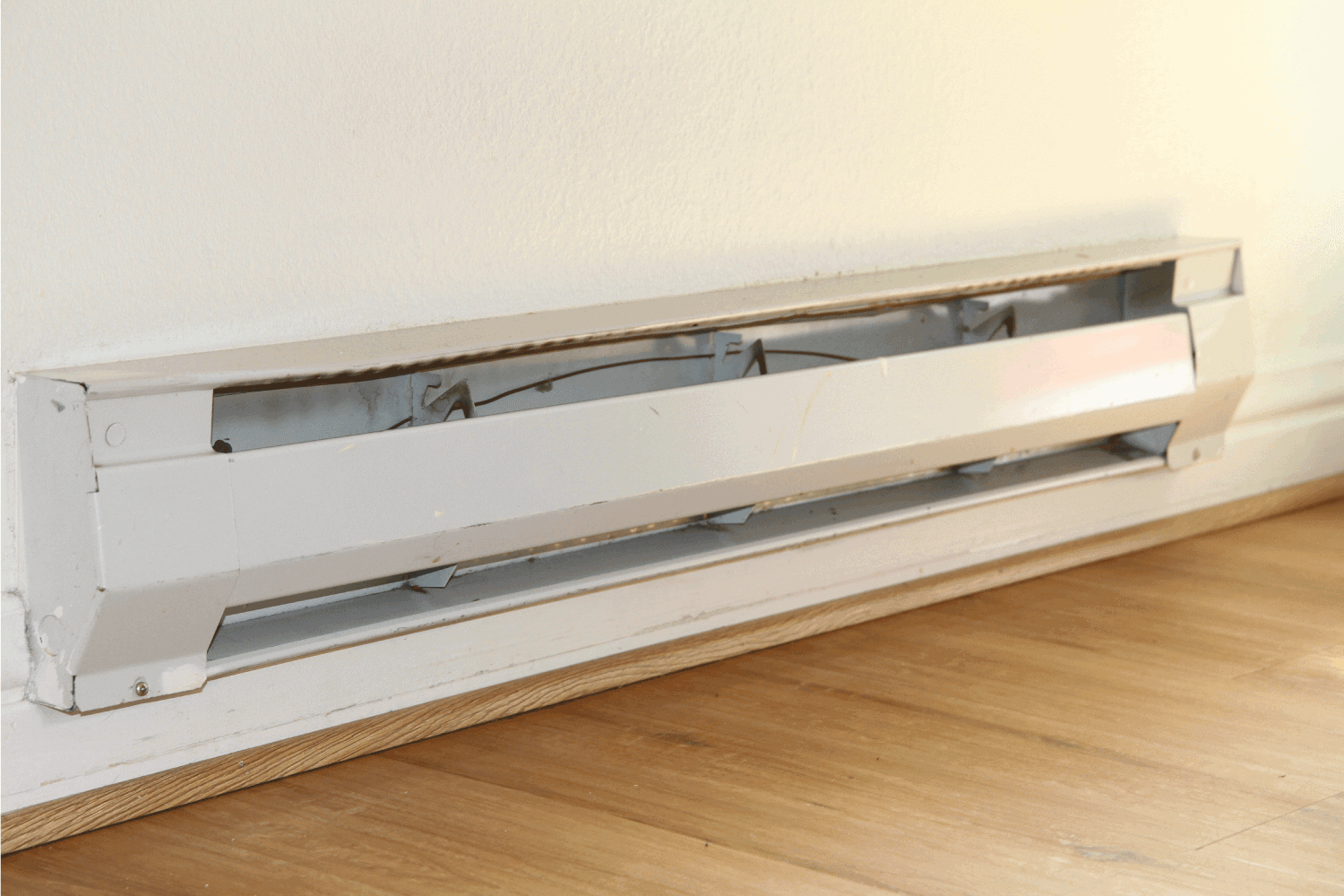
Types Of Baseboard Heaters
If you are planning to install a new baseboard heater in your home, you will likely come across two different types of baseboard heaters: convection and hydronic. Each delivers heat differently, and each comes with its advantages and disadvantages.
1. Convection baseboard heater
Convection baseboard heaters are an affordable way to heat a room. They're four times cheaper than hydronic baseboard heaters.
However, these units aren't very energy efficient, which is why you'll find many cheaper models.
To heat a space with a baseboard heater, it must be plugged into an electrical outlet. The metal fins where the warm air is released are easily cooled down and need consistent electric power to produce heat.
While a convection baseboard heater isn't as efficient as a hydronic system, it's a cost-effective option for heating a smaller room and can be easily installed. For most people, it's an easy way to heat a small bedroom and it can be installed by the average DIY-er.
Many manufacturers offer pre-assembled baseboard heaters with easy-to-follow instructions, making it easy to connect the heater to the wall or baseboard.
The video below is a DIY guide on how to install a baseboard heater.
Pros
- The room heats up much faster than with hydronic heaters
- Cheaper than hydronic heaters
- The parts of convection heaters responsible for generating heat are well-insulated and have not been known to cause burns. If a homeowner wants to be careful, it’s important not to downplay basic safety precautions by turning the system off before leaving the house.
Cons
- Convection heaters may not heat your house evenly if moving air is mixed with a cold draft. Since their ability to warm the room is dependent upon the temperature of the air, there is a greater chance of uneven heating.
- Convection heaters have fans to cool themselves down during intense operations. If the fans fail, they will not pull air through the vents and instead, the heat will be trapped inside the heater. The coils will continue to heat the air until the temperature inside the room becomes too high, at which point the thermostat will kick in and shut the heater off. The worst thing that can happen is when the heater overheats and some plastic parts will melt.
- Convection heaters must be placed in a very specific location where there is less chance of objects or furniture blocking airflow. Ensure a safe, working distance between a convection heater and indoor plants with drooping leaves as the leaves might block the heating airflow.
- Energy loss is often a concern with any HVAC system, and it's also a major issue with convection heaters, which have a fan at the top of the unit that pushes hot air upwards. This causes the temperature to rise at the top of the unit and then drop as it gets pulled back down towards the floor, which creates an uneven temperature.
Check out this electric baseboard heater on Amazon
2. Hydronic baseboard heaters
Hydronic baseboard heaters, on the other hand, are powered by gas and can operate without being plugged in. Most of these systems use water or a type of oil to heat the space, meaning the heater can work effectively with no electrical power, saving money and saving energy.
Hydronic baseboard heaters run on the principle of water flow. A pump circulates water through a tube that transfers heat from the circulating water to the surrounding room.
This method of heating produces a more consistent temperature throughout the room than convection heaters.
Hydronic baseboard heaters are usually powered by a central boiler, making them a more energy-efficient option than convection heaters. However, central boilers are typically large so you'll need to clear more space for their installation (along with the hydronic heaters) than convection heaters.
Here's a quick video explaining what the boiler system is about.
Pros
- Hydronic systems use radiant heat and do not blow air. This eliminates the transfer of dust, pollens, and other allergens that aggravate respiratory conditions.
- There's very minimal noise and the heater operates at a very low level. You can almost forget that it's there.
- There's no need to run duct works to the exterior walls, which eliminates worries around tearing up drywall.
- Hydronic systems offer a greater amount of versatility in temperature control because it allows the use of multiple thermostats and the installation of control valves. They are a good choice for those who need complete control over their heating system, as they allow you to control heating in each room of your home separately. Hydronic heaters are especially beneficial if you have multiple zones and need to control the temperature in each one.
- Hydronic heat provides a more consistent temperature throughout the house. An air handler draws air from the outdoors, blows it into the space, and uses a blower fan to force the heated air back into the space.
- Hydronic heaters can achieve a more consistent temperature throughout the house. As a result, you don’t have to worry about the thermostat setting as much. Once you have the heater up and running for a few minutes, you can set it to a low setting once you feel the temperature suits your comfort level and keep it that way for extended periods.
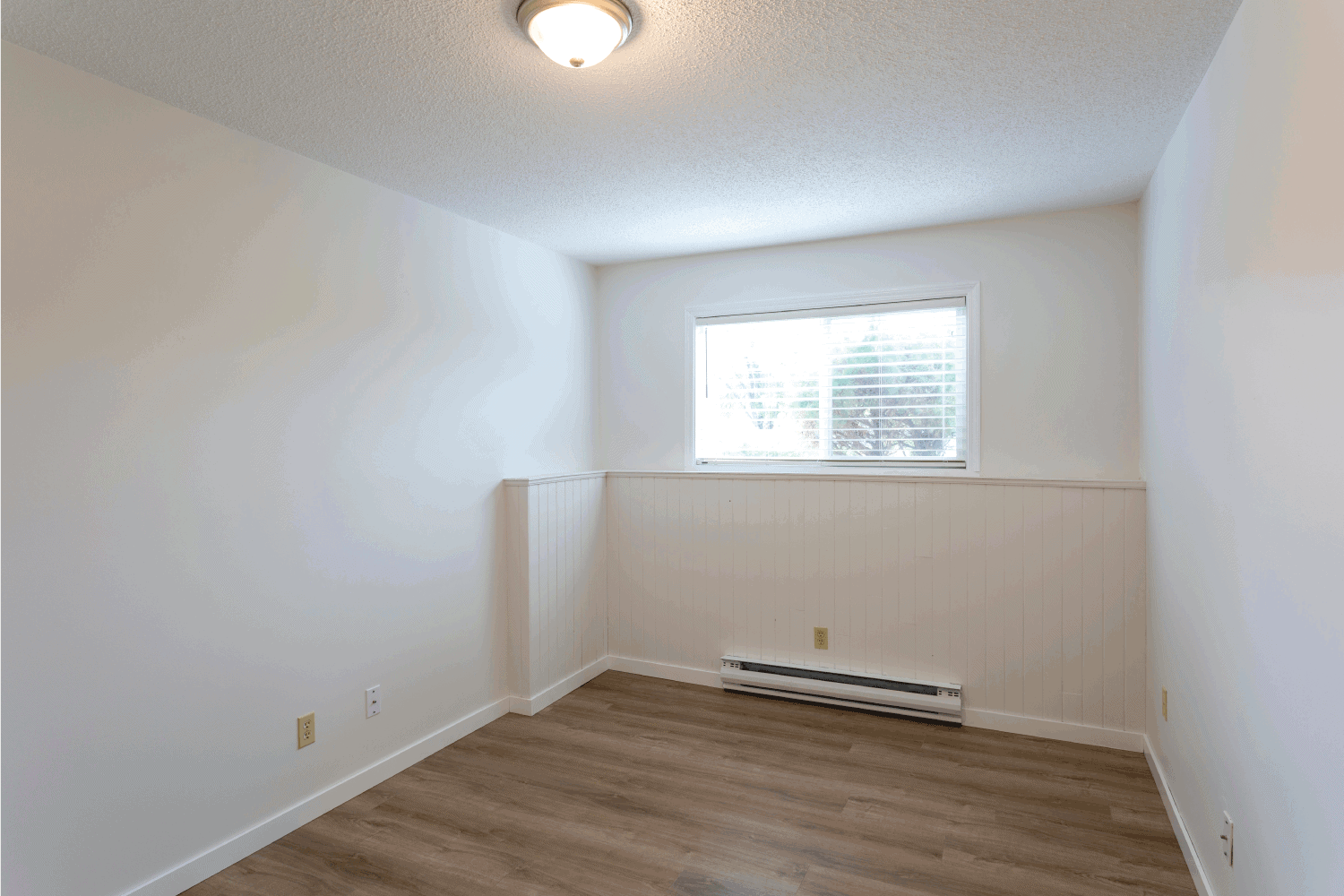
Cons
- One of the major drawbacks is that it takes a while to heat a space. Depending on the size of the room you are heating, this may take anywhere from 10 to 15 minutes as the heated liquid will have to circulate through the entire room.
- The hydronic heating system is more difficult to maintain and repair than an electric heating system because you will have to deal with piping that is concealed and may need to tear away insulation or other covering to gain access.
- There are a few areas where a hydronic system may have a higher upfront cost than other options. However, hydronic systems can pay for themselves through energy savings in the long term.
- If you live in a location where extreme cold weather is common, you may consider an alternative source of energy to keep the unit running when the boiler goes out. You may find that the water inside the tubing starts to ice up as the temperature drops. This could potentially damage some parts and components of the system.
- Installation is best left to a professional. If you have never worked with this type of system before, you'll need a certified installer to guide you through the process. When installing a hydronic heating system, there are many moving parts and plumbing details that must be taken into account. If you attempt installation on your own, it is possible that you could damage the system or cause water to leak.
Check out this electric hydronic baseboard heater on Amazon
How To Know If Baseboard Heater is Electric Or Gas?
If you have a gas baseboard heater in your room, you should be able to easily see the flame inside. Gas is a great way to heat a home, but you should understand that gas heaters tend to be a tad louder than electric baseboard heaters.
Electric heaters are a bit more discreet. They generally emit a low hum that's quite noticeable but isn't as loud as a gas heater. Electric heaters also tend to be a bit easier to install, as they don't need to be hooked up to a natural gas line.
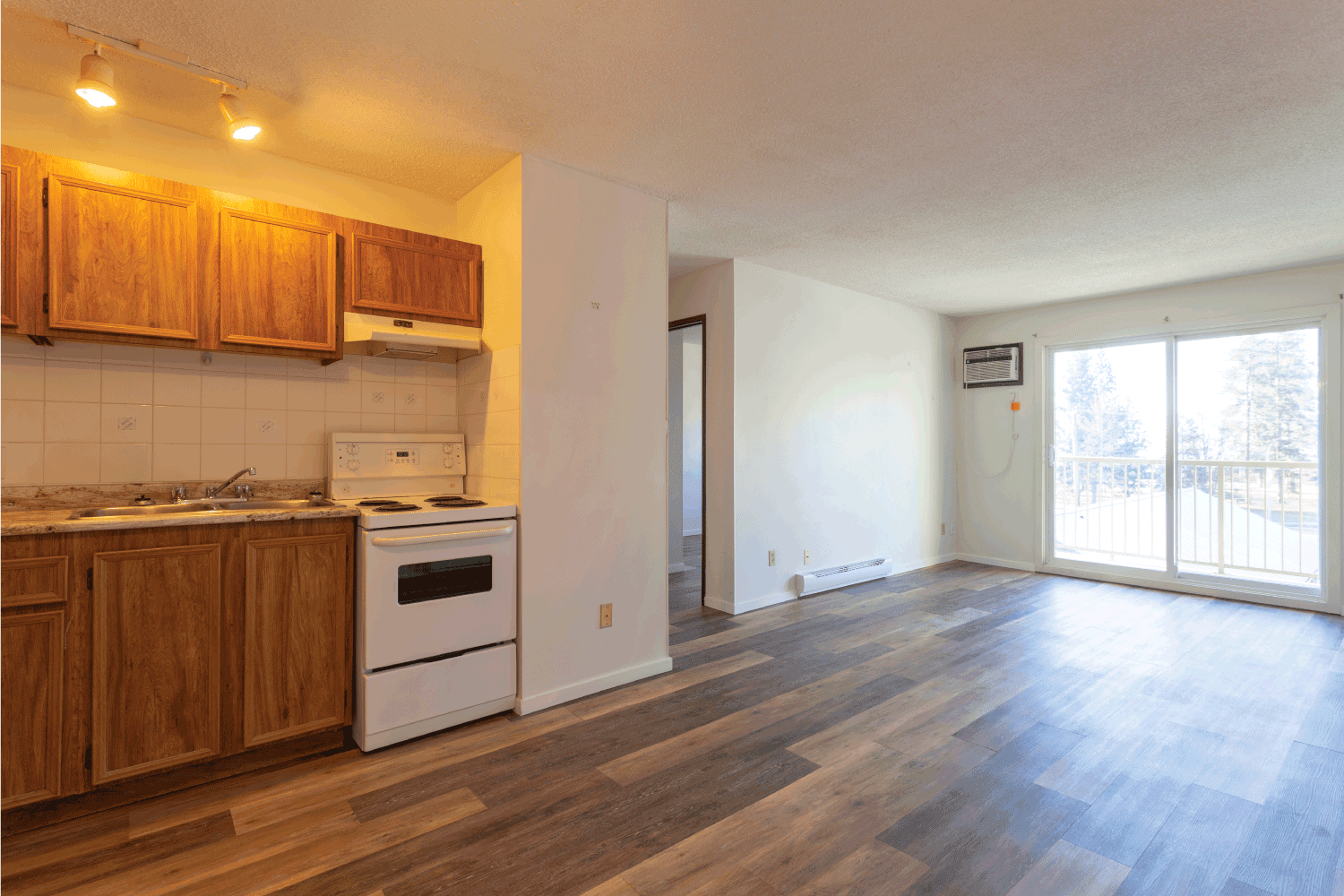
Is It Safe To Place Couch Near Or In Front Of Baseboard Heater?
Heaters can be extremely effective at heating a space, but when placed too close to a combustible material like couches, they can ignite them easily.
Heaters have to be installed safely, which means placing them in the right location, with enough clearance (at least 1 foot away) between the heater and any combustible object. When in doubt, check with a professional to be sure that it's safe for your home.
How Many Years Do Baseboard Heaters Last?
Most baseboard heaters last about 15 to 25 years, but there are some conditions that may shorten their lifespan. The heaters' electrical resistance increases when exposed to cold temperatures or moisture.
This means that if the heaters aren't used, or if they're not well maintained, they may start to lose power. The life of a baseboard heater can also be shortened by excessive use.
This is a common issue because a person will often set the temperature too high, causing the heater to work overtime. It's best to leave the heaters in a comfortable setting and turn them off once the room reaches a comfortable temperature.
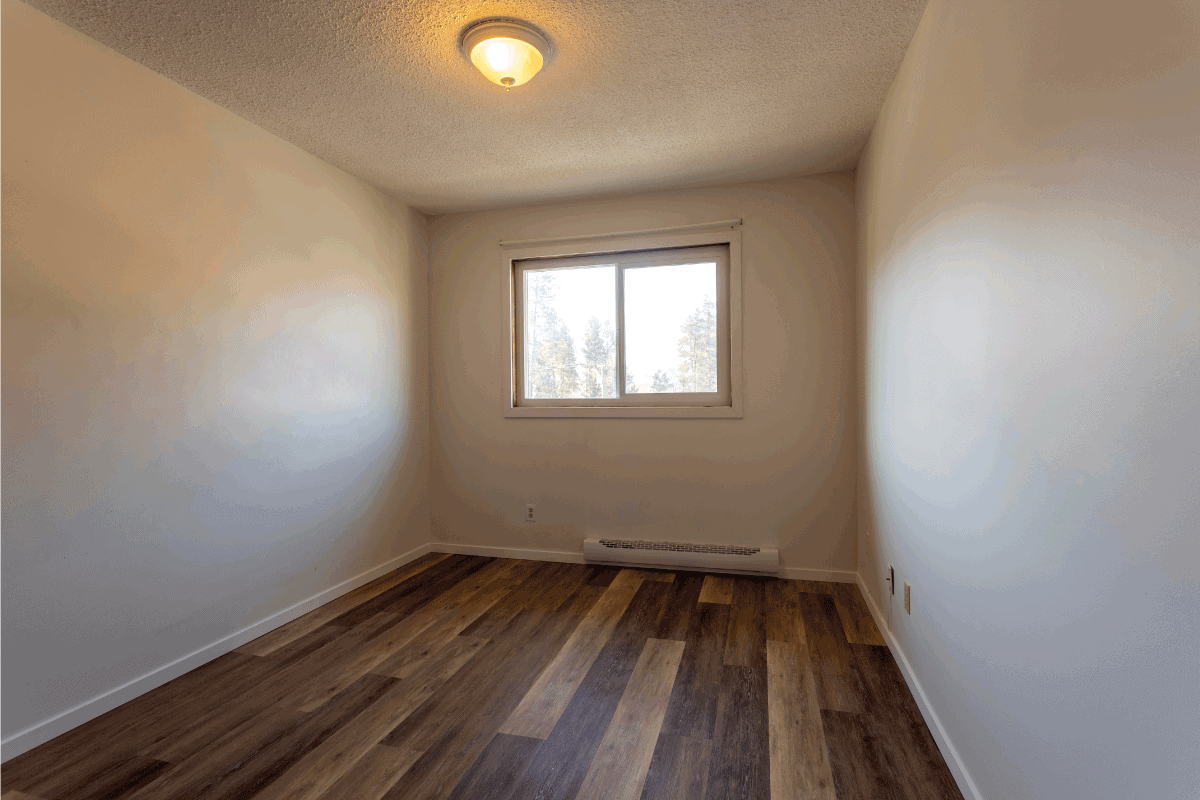
In Closing
Baseboard heaters are the perfect way to get a little heat going in your home without a major investment. Baseboard heaters provide warmth to rooms in which they are installed, but they are typically not meant to replace traditional heating systems. Rather, baseboard heaters are used as an additional layer of protection in homes that are located in colder climates.
We hope that this article has provided you with all the information that you need to make an informed decision regarding the purchase of a baseboard heater.
You might also like:


